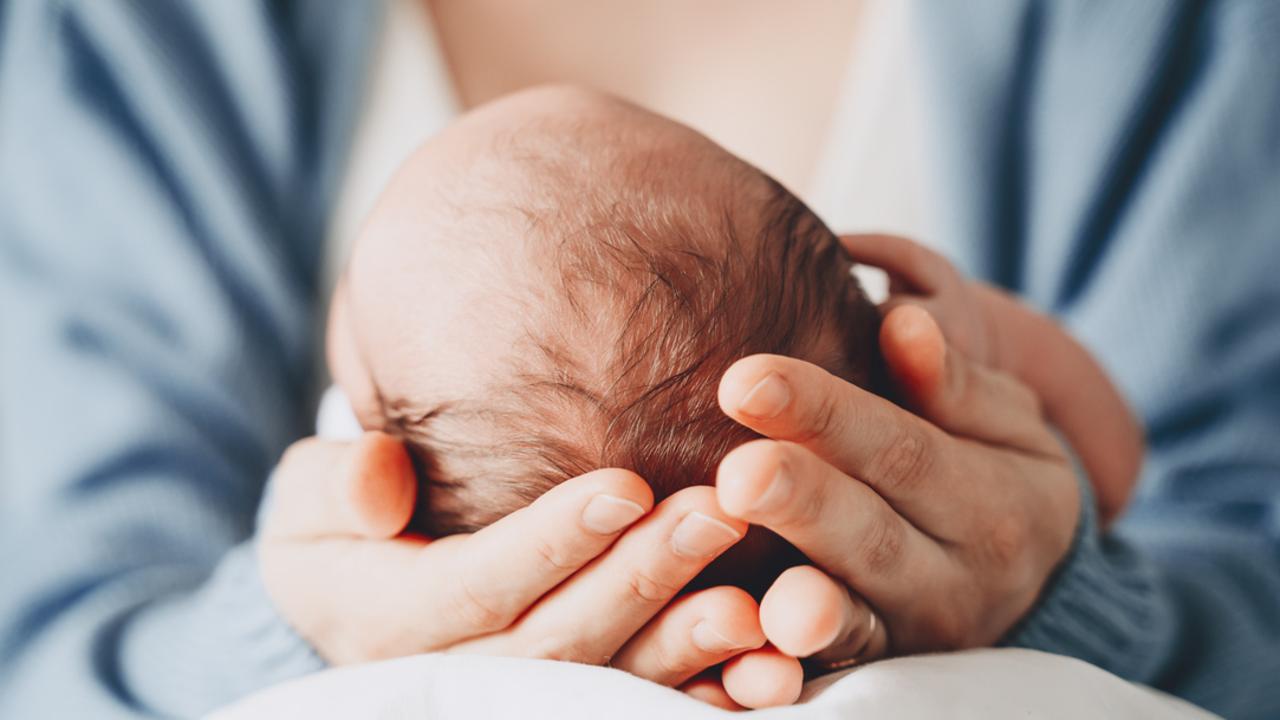Paracetamol pregnancy risk far from certain, say experts
Medical experts in Australia have cast doubt on the reliability of a study that links paracetamol use in pregnancy with sleep and attention problems in children.

Medical experts in Australia have cast doubt on the reliability of a study that links paracetamol use in pregnancy with sleep and attention problems in children.
The study by US researchers published in the scientific journal PLOS ONE aimed to establish whether there were any links with paracetamol use in pregnancy with behavioural problems in three-year-old children, after other recent studies suggested links between prenatal exposure to the drug and neurobehavioural problems including ADHD in older children.
The US researchers analysed syndrome scale scores from the Child Behaviour Checklist for children born to 1011 mothers who reported using paracetamol during pregnancy. They then attempted to control for the potential impact of prenatal stress on the children.
The study found that children who were exposed to paracetamol scored significantly higher on three of the syndrome scale scores: withdrawn, sleep problems and attention problems. After adjusting for prenatal stress, two syndrome scales – sleep problems and attention problems – remained significantly higher in children whose mothers had used paracetamol in pregnancy.
“These findings corroborate previous studies reporting associations between prenatal exposure to acetaminophen (paracetamol) and attention problems in offspring and also show an association with sleep problems at age 3 years,” the study authors said. “Because use of acetaminophen during pregnancy is common, these results are of public health concern and suggest caution in the use of medications containing acetaminophen during pregnancy.”
Australian guidelines say paracetamol is safe to take during pregnancy, but a consensus statement published in 2021 in Nature Reviews Endocrinology warned a growing body of research indicated prenatal exposure to paracetamol may alter foetal development and increase risks of neurodevelopmental, reproductive, and urogenital disorders and called for a precautionary approach.
The PLOS ONE study noted that paracetamol has been found to be associated with reduced brain connectivity of the amygdala, a part of the brain responsible for self-regulation.
Senior lecturer in the Faculty of Medicine at the University of Adelaide Ian Musgrave urged pregnant women to interpret the studies on prenatal paracetamol exposure, including the latest US study, cautiously.
“The problem with these sorts of studies is that it’s very hard to untangle other factors that are involved, what we call confounders,” Dr Musgrave said. “The biggest difference between the people who took paracetamol and those who didn’t was they’re taking paracetamol for a range of things like fever and infection that could potentially affect the development of the child in the first place.
The other problem with the study was that it relied on self-assessment of children by their mothers and there was no independent assessment of symptoms.
Dr Musgrave said it was safer for a pregnant woman to reduce fever by taking paracetamol than to let a fever continue.




To join the conversation, please log in. Don't have an account? Register
Join the conversation, you are commenting as Logout